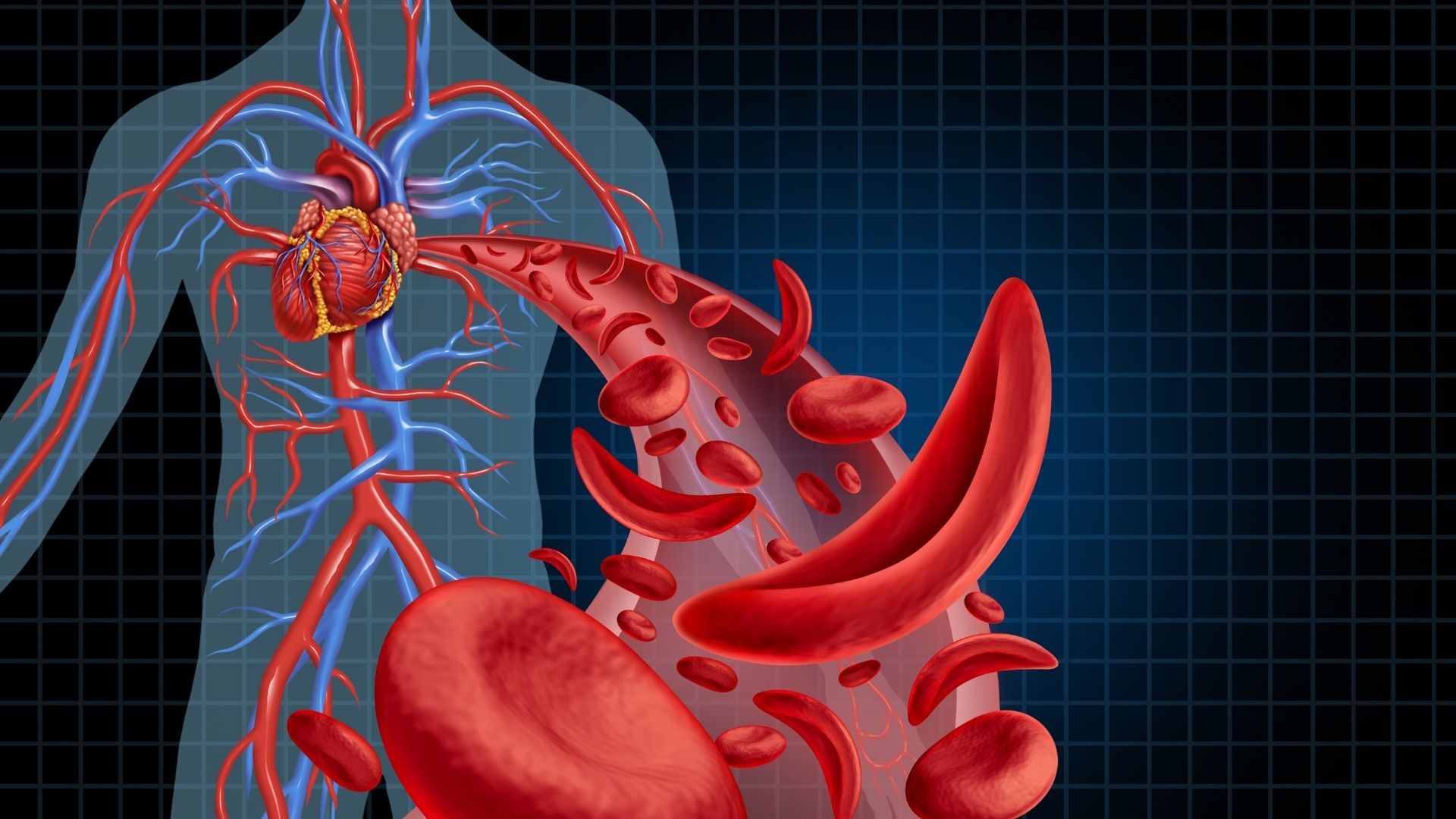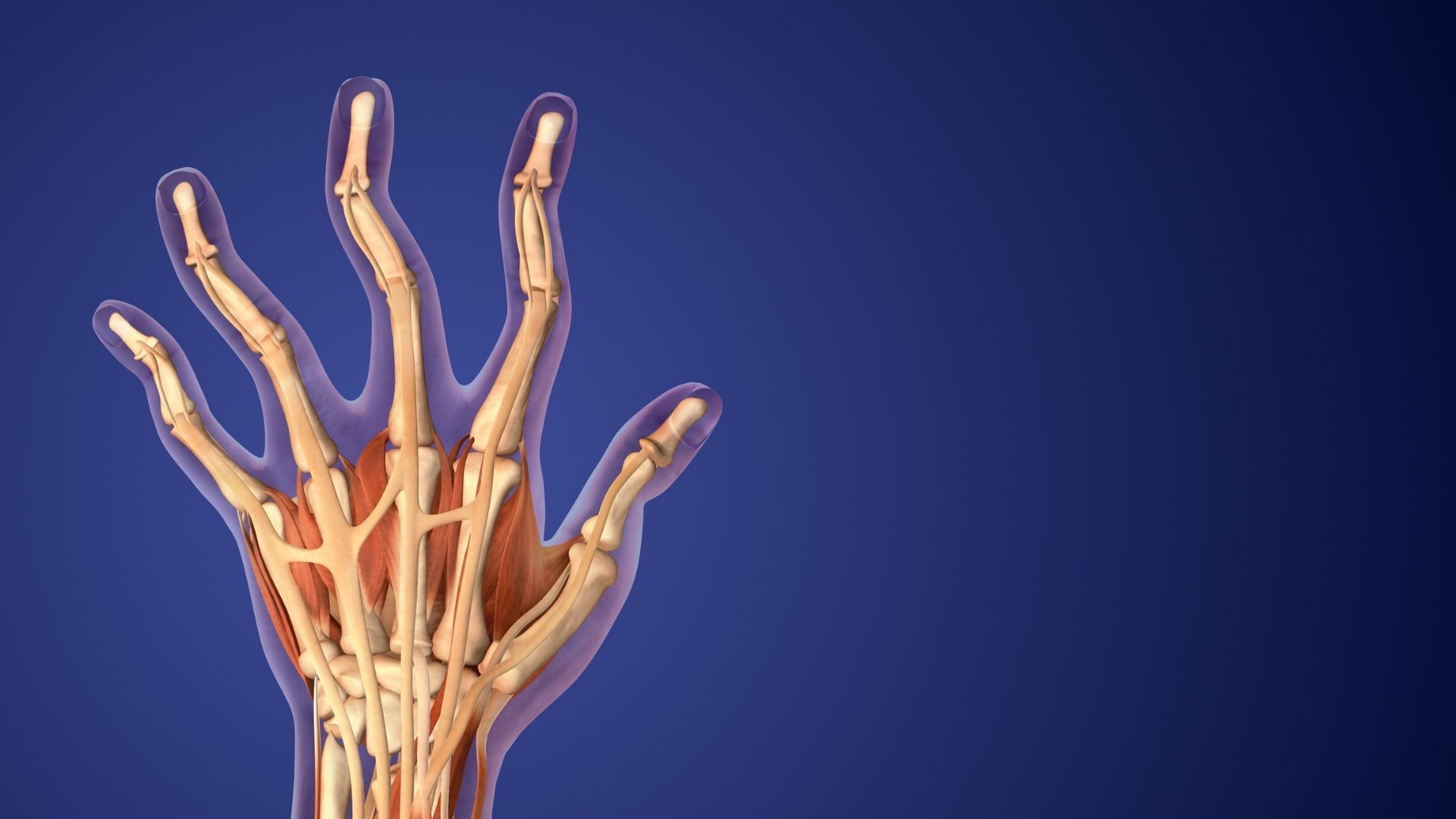Rectal Bleeding Condition: An Important Health Problem in Children
Rectal bleeding during or after defecation in childhood is a common health problem that should be taken seriously. Such bleeding can be a sign of various diseases and should not be ignored.
A thorough investigation is required to determine the source of the bleeding. However, this article will discuss some common diseases that can lead to this condition.
Anal Fissure: A Fissure in the Anus
Anal fissure is one of the most common causes of bleeding during defecation in childhood. Although it can be seen at any age, it is more common during the transition from infancy to childhood. During this period, with the transition to solid foods, the child’s stools begin to harden gradually.
While this process goes smoothly for many children, some tend to have larger and harder stools. This can lead to the formation of splits or cracks around the anus.
Such injuries are extremely painful and can lead to further delayed defecation. Solid and bulky stools can create a vicious cycle that causes the crack to deepen even further.

Diagnostic Methods: How is Rectal Bleeding Diagnosed?
How to recognize rectal bleeding? It is typical to see streaks of blood in the stool. It can also be observed that defecation is painful and the child avoids defecation. The blood is usually accompanied by hard and solid stools. Anal examination can be painful, but it usually helps to observe the fissure.
On the outside of the fissure, there is often a fold of skin (sentinel hemorrhoids). This can lead many parents to consult a doctor.
Treatment Approaches: How to Treat Rectal Bleeding?
The first step in the treatment of rectal bleeding is to relieve existing constipation. If constipation is not resolved in the long term, it may be necessary to soften the stool and increase the frequency of defecation. In addition, warm sitz baths and pain-relieving creams should support the healing of the fissure.
Achieving painless and soft stools is the most important goal of treatment. However, it should be kept in mind that this stage can easily recur and families should be informed about defecation habits and diet. In chronic cases, surgical intervention may be required; however, this treatment method is rarely preferred in children.
Rectal bleeding in childhood is a common problem and can have different causes. With the right diagnosis and appropriate treatment approaches, this condition can usually be successfully managed.



